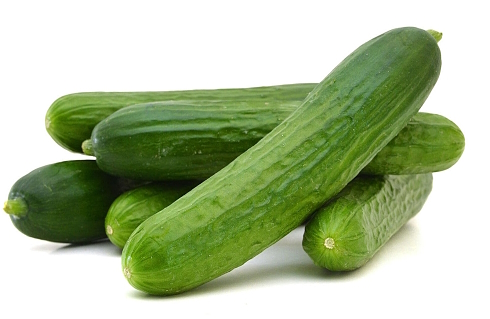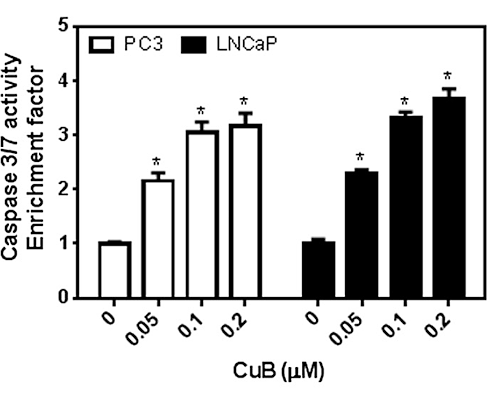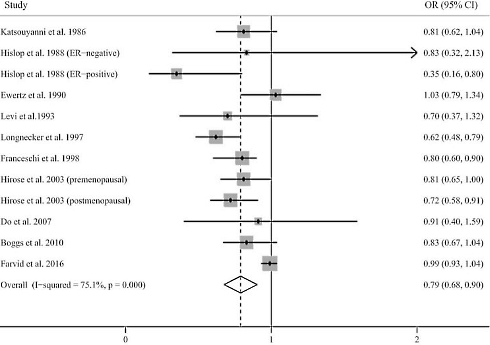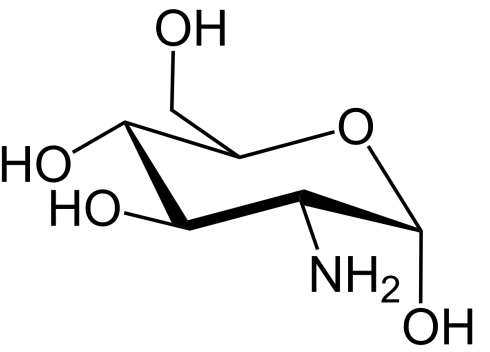|
Definition: "An ergogenic aid is any substance or phenomenon that enhances performance "
|
|
||||||||
16.07.2023 |
|
|
Cucumbers against cancer?
It's summer and in main stream media silly times - cucumber time in Old English - has arrived. Because we, as a free web magazine in the margins of the news landscape, like to play with the big boys, this is also the case with us. Therefore, today we will delve into whether cucumbers can help prevent cancer.
Sensible | Nonsense
Nowadays you will not find these websites so easily anymore. Big Tech apparently knows exactly which websites are good for you and which aren't - and pushes them out of your field of view. Instead, you now stumble across websites like FullFact.org [fullfact.org] that tell you that it is better to ignore the stories about positive health effects of cucumbers. They would be 'based on nothing'.
But what about cucumbers and cancer? We attempt to answer that question below. We won't come up with a clear answer, we'll tell you in advance. But we suspect that a website like FoodsForBreastCancer.com is a bit closer to the truth than FullFact.org.
Just an animal study
Cucurbitacin-B is a bitter-tasting substance present in small amounts in pumpkins, courgettes, cucumbers, gherkins and melons. All these vegetables are related to each other. They belong to the cucurbitaceae. All cucurbitaceae contain cucurbitacins. The most well researched of these is cucurbitacin-B.
Because traditional Asian healers have used cucumbers for centuries to inhibit cancer, oncologists are studying cucurbitacins in the hopes of finding new cancer drugs. Dozens of in vitro and animal studies have been published in which cucurbitacins, and cucurbitacin-B in particular, kill cancer cells. The American study is one of them.
The Americans implanted prostate cancer cells in mice with a poor immune system. This allowed the cells to grow unbridled. If they also gave the mice cucurbitacin-B, the growth of the tumors was reduced considerably.
Human dose
Cucumber doesn't contain cucurbitacin-B in these amounts, nor does pumpkin, melon and zucchini. That's a good thing, because cucurbitacin-B is toxic in such doses.
Cucumber growers have been able to reduce the amount of cucurbitacin-B in their crops over the centuries, making them edible. People who harvest their own plant seed occasionally produce pumpkins, melons, zucchinis and cucumbers that contain toxic amounts of cucurbitacins. Especially if you grow zucchini and pumpkins in the same plot, the probability of this is not inconceivable.
This in itself need not be a problem. A rule of thumb is that these vegetables become bitter if they contain more than 2 milligrams of cucurbitacin per kilo. If a cucumber or zucchini contains a toxic amount of cucurbitacins, you will probably just don't eat them.
Incidentally, vegetable gardeners die who systematically ignore the extremely bitter taste of their home-grown variants - plus the stomach ache you get from them - and continue to eat them for days on end.
If you eat cucumbers and zucchini without an extremely bitter taste, the chance of an overdose of cucurbitacin-B is zero. Are the milligram amounts of cucurbitacin-B and other cucurbitacins that you can still ingest through such vegetables enough to reduce the risk of some types of cancer?
We do not know that. But we wouldn't be surprised if a few epidemiological studies point in that direction soon...
Source: More: Archives:
|
|
|||||||||||||||||









